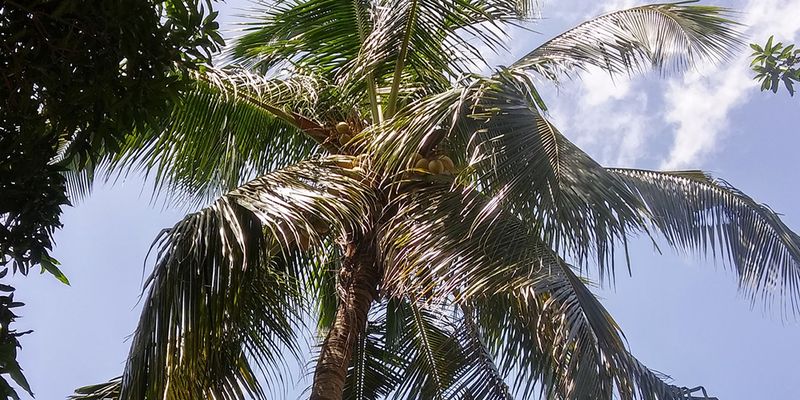Project
Implementation of the biodiversity information and data system for coastal ecosystems in NigeriaClosed

Nigeria's coastal ecosystems offer a complex mix of fresh- and saltwater habitats, earning its rich environments a classification as one of the world's biodiversity hotspots. To address gaps associated with data from these environments, this project will publishing datasets documenting plant, animal and fungal collections from the past 40 years.
The project expects to establish agreements on data sharing and exchange with the Nigerian biodiversity clearing house set up between relevant biodiversity-related organizations and stakeholders. These collaborative partnerships will enable mobilization of about 20,000 plant herbarium specimens, 5,000 animal recordes as well as 6,000 fungal specimens from coastal ecosystems in Nigeria. This data will inform policymakers and aid the concerted efforts to protect coastal biodiversity.
Throughout the project, the group will prioritize individualized workflows for each work plan, including capacity, collections, and risk assessments, timelines and goals. Large-scale primary biodiversity data resources will be mobilized, specimens will be fully digitized and enhanced with georeferencing and data cleaning according to international data standards.
Data will be published via a central biodiversity portal linked to both GBIF.org and (for marine species) AfrOBIS. Students participating in digitization at partner institutions will develop skills and interest in biodiversity informatics and carry these forward into careers as scientists and decision-makers. Overall, this project will improve insights for sociocultural valuations and national and international biodiversity information management policies.
Project progress
Project kick-off meeting was held in May 2021 where partners and other stakeholders met and agreed on modalities useful for achieving the set goals for the project. Following the inception meeting, partners agreed to adopt the Microsoft excel package as data management system for cataloguing of specimen data for easy access, sorting and management. Data Mobilization activities began thereafter with visit to museums and herbaria within the region for possible data capture and imaging.
Capacity building workshop was held in December 2021 relationships were established with representatives from the various participating institutions at the workshop. Participant’s capacity was strengthened to develop data sharing framework and mobilize biodiversity data for publication to GBIF and AFROBIS sites.
To date, a total of 5,000 specimen data records have been mobilized, some have been published while others are being cleaned.
A total of two datasets have been published:
• Occurrence data including 101 records
• Checklist data comprising 221 records
The key impacts of the project:
- Insight into spatio-temporal distribution of coastal biodiversity for improved conservation schemes
- Synergy between data producers and data users towards implementation of national biodiveristy strategy and action plans
- Enhanced data-mobilization relationships and responsibilities for effective assessment of biodiversity data in Nigeria coastal cities
- Increased capacity for biodiversity data handling
- Improved access to and use of accurate biodiversity information in conservation and developmenet planning
